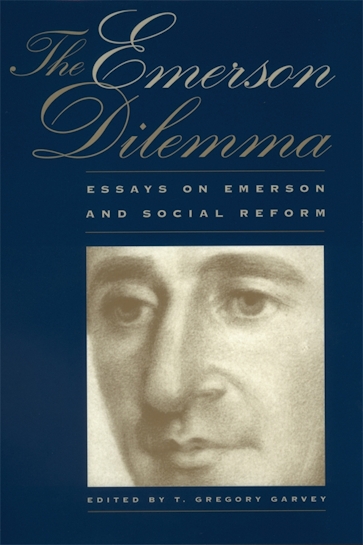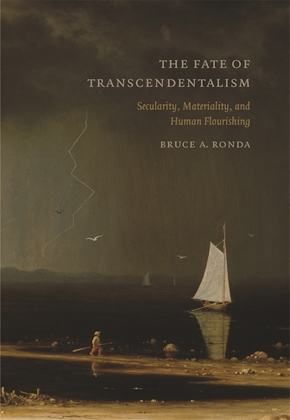The Emerson Dilemma
Essays on Emerson and Social Reform
Title Details
Pages: 294
Illustrations: 15 b&w illus.
Trim size: 6.000in x 9.000in
Formats
Hardcover
Pub Date: 01/03/2001
ISBN: 9-780-8203-2241-4
List Price: $50.95
Related Subjects
The Emerson Dilemma
Essays on Emerson and Social Reform
Skip to
- Description
- Reviews
- Contributors
This gathering of eleven original essays with a substantive introduction brings the traditional image of Emerson the Transcendentalist face-to-face with an emerging image of Emerson the reformer. The Emerson Dilemma highlights the conflict between Emerson’s philosophical attraction to solitary contemplation and the demands of activism compelled by the logic of his own writings.
The essays cover Emerson’s reform thought and activism from his early career as a Unitarian minister through his reaction to the Civil War. In addition to Emerson’s antislavery position, the collection covers his complex relationship to the early women’s rights movement and American Indian removal. Individual essays also compare Emerson’s reform ethics with those of his wife, Lidian Jackson Emerson, his aunt Mary Moody, Henry David Thoreau, John Brown, and Margaret Fuller.
The Emerson who emerges from this volume is one whose Transcendentalism is explicitly politicized; thus, we see him consciously mediating between the opposing forces of the world he “thought” and the world in which he lived.
A collection of authoritative essays treating a subject that is timely and will spur discussion and lively debate on the nature and extent of Emerson’s reformist impulses.
—Ronald A. Bosco, University at Albany, State University of New York
The traditional image of Emerson is that of a remote intellectual—an individual drawn to the quiet retreat of his study where he is free to meditate and compose undisturbed by the intrusions of the practical world. This edited collection of eleven original essays challenges that notion. Each essay focuses on the relation between Emerson's writings, sermons, and speeches and the social and political activism they engendered. What emerges is the image of Emerson putting his ideas into action.
—Choice
Armida Gilbert
David Robinson
Harold K. Bush
Len Gougeon
Linck C. Johnson
Michael Strysick
Phyllis Cole
Stephen L. Esquith
Susan L. Roberson
Jeffrey A. Steele



